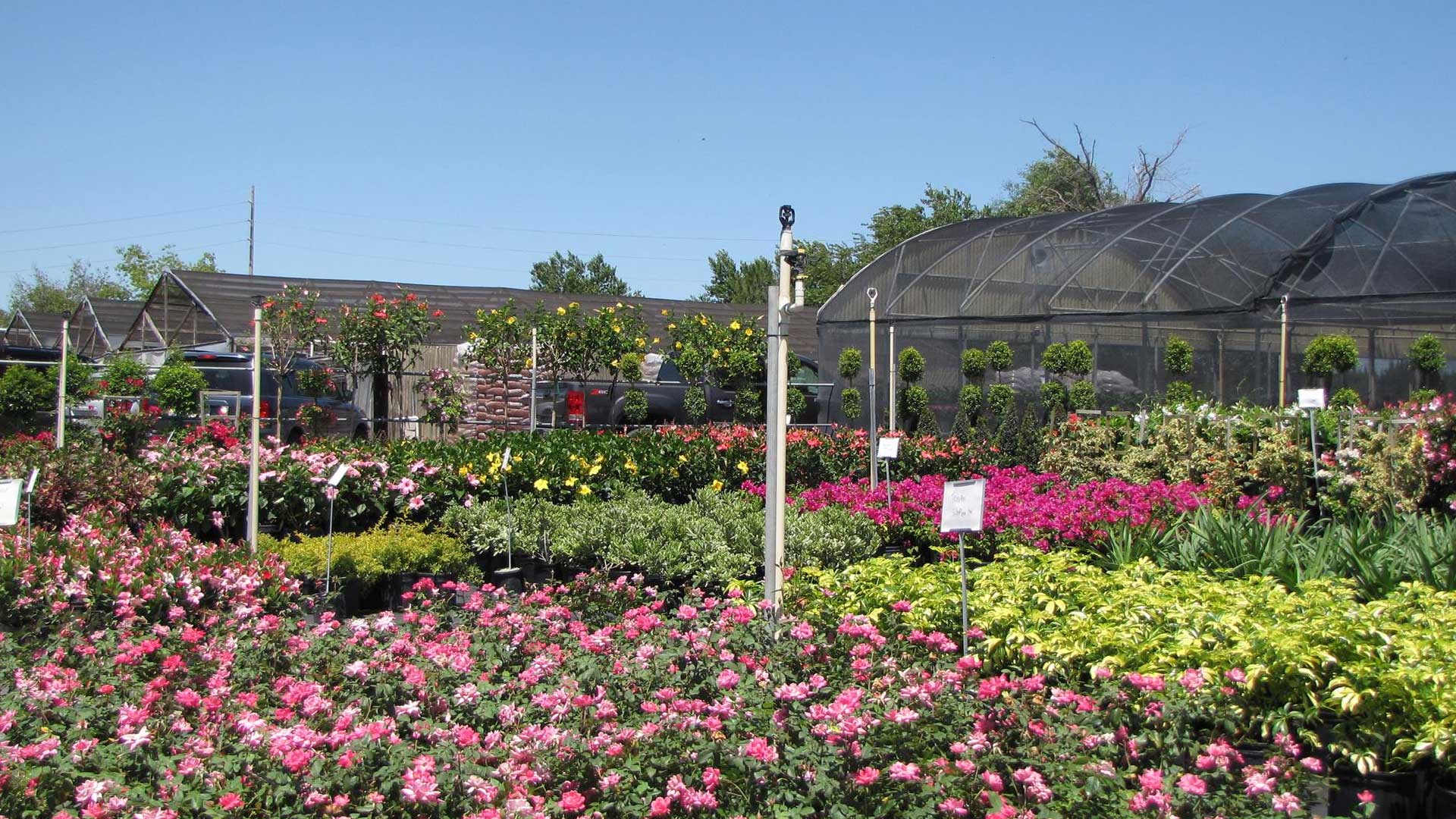It is that time of year. The time of year when many head to their favorite nurseries to do their spring landscaping and gardening. Many of the plants sold at these locations are actually grown in more southern climates, where there are numerous invasive species of all sorts. Many of these invasive species have not made their way to the Florida panhandle but can hitchhiker on these plants when they are shipped up this way. Care should be taken when purchasing to make sure you are not bringing anything home other than the plant you want.
The best management tool for invasive species is prevention. Across the country, particularly out west, there are survey stations at public lakes and reservoirs where state officials inspect boats and trailers when they arrive and when they leave the lake. There are hiking boot brushes at the entrance and exists to trails and active machine cleaning efforts after working in the field. Here in Florida, we do not pay as close attention to this. Machinery, boats, and plants are moved with little or no inspection. On any shipped plant could be an insect, slug, lizard, or frog that could eventually cause trouble for us. We are sure this is how the brown anole was introduced and we now getting reports of Cuban treefrogs in the panhandle.
Potential threats as EDRR species to our area include channeled apple snails, Cuban treefrogs, and greenhouse treefrog. With pond plants we need to be on the watch for several including Eurasian milfoil, water hyacinth, giant salvinia, and hydrilla. We also want to avoid purchasing and planting beach vitex, callery pear, coral ardisia, guinea grass, natalgrass, skunk vine, and swamp morning glory since they are all considered potential threats to the western panhandle.
If you have a question as whether a specific plant is invasive or not, you can visit the University of Florida’s Center for Aquatic and Invasive Plant website – https://plants.ifas.ufl.edu/.
The University of Florida IFAS Assessment website – https://assessment.ifas.ufl.edu/.
Or contact your county extension office.
- Our Environment: Part 11 – We Need Water - July 7, 2025
- Our Environment: Part 10 – Improving Agriculture - June 20, 2025
- Marine Creatures of the Northern Gulf – Snails and Slugs - June 20, 2025

